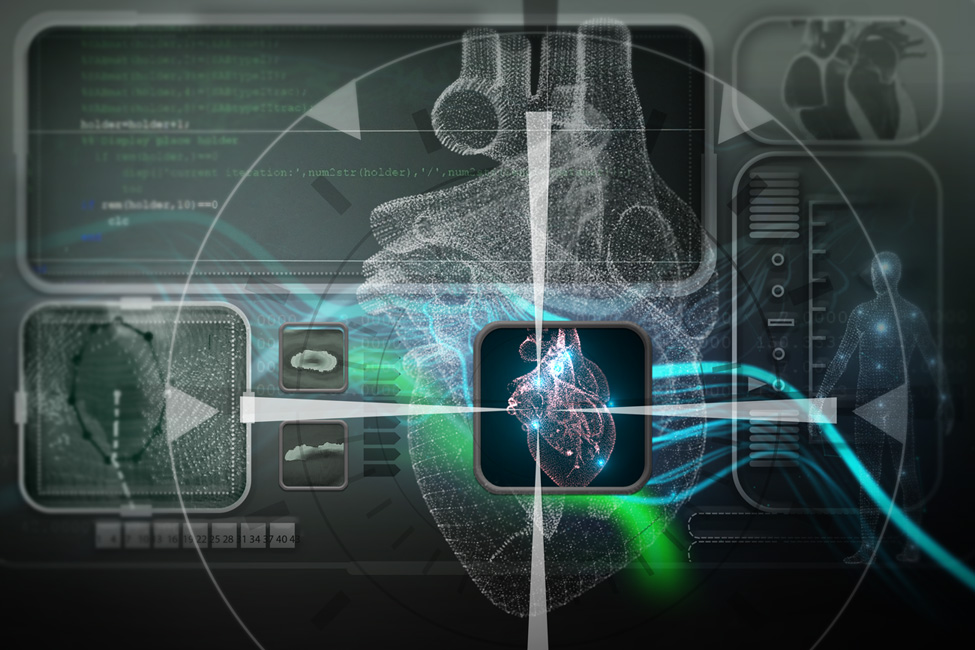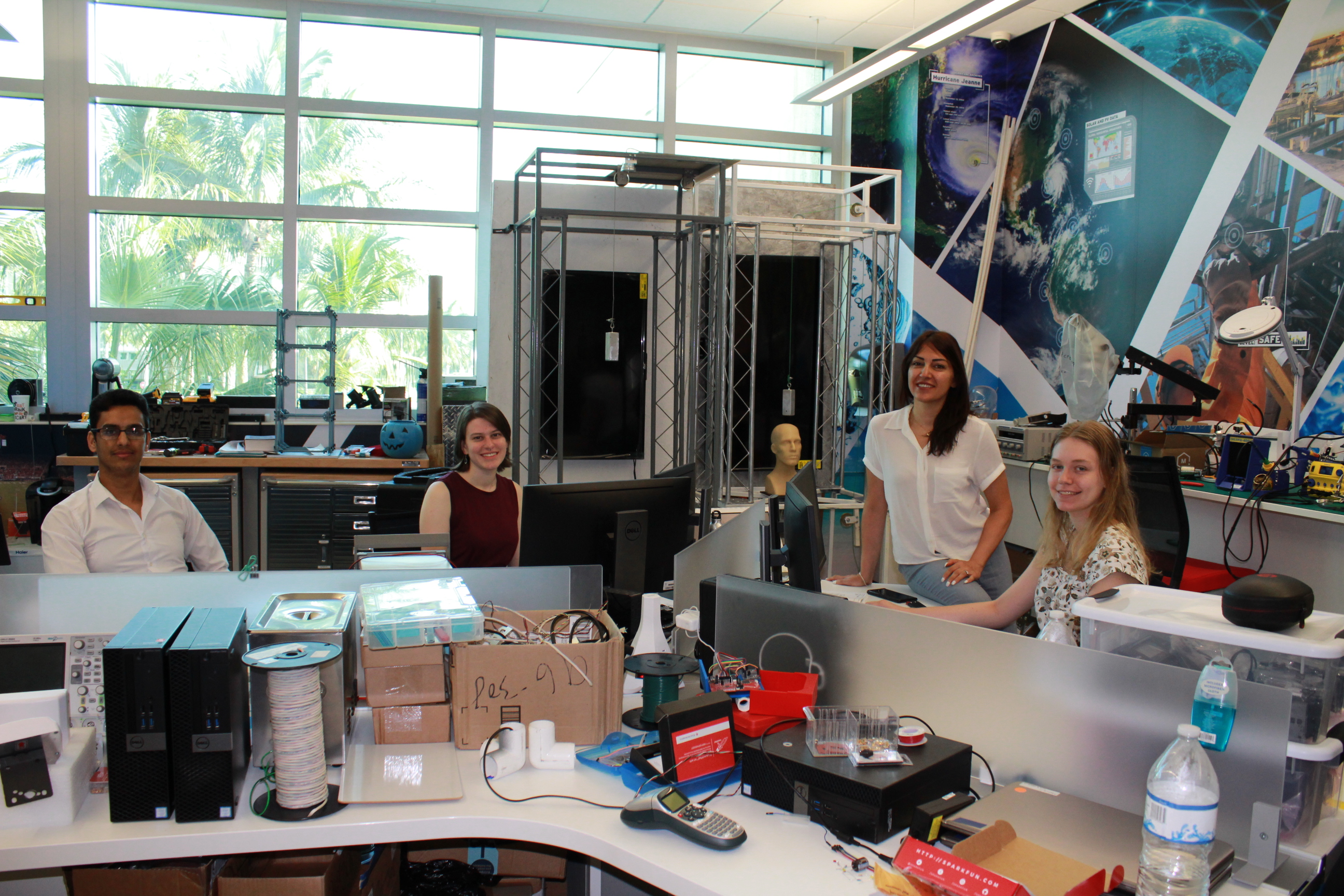Research Projects
 Biomedical Signal Analysis Towards Effective Therapeutic Techniques
Biomedical Signal Analysis Towards Effective Therapeutic Techniques
The focus of this research program is to develop new signal analysis algorithms for patient-specific and effective therapeutic technologies. We employ real data from patients and computer-simulated data to generate a platform for our studies. One specific research project is atrial fibrillation. In this research, we employ our signal analysis expertise on real human data and computer-simulated data to understand the underlying mechanism of atrial fibrillation and develop novel and effective algorithms that can help the clinicians to treat the disease. This research was funded by National Heart, Lung, and Blood Institute and has resulted in several publications in top bioengineering journals and conferences, one book chapter, and two patents. Currently, we are collaborating with the cardiologist experts at the University of Miami Hospital to validate the developed algorithms in clinical atrial fibrillation data. Our other research project is on sudden cardiac death. The main goal in this area of research is to develop signal analysis methods that can detect micro-volt level signatures on the electrocardiogram signals to estimate the risk of sudden cardiac death. We are collaborating with cardiologists from Toronto General Hospital to validate the developed algorithms on human data.

In this line of research, we focus on developing data analytics tools to address technical obstacles in individualized and longitudinal monitoring of patients with neurological disorders using a sensor-based assessment system (wearable inertial measurement unit sensors). Specific research projects include Parkinson's and Alzheimer's disease. In our Parkinson's disease project, our goal is to develop a customized therapeutic management system that can help to optimize therapy adjustments in patients with Parkinson’s disease. We are developing machine learning-based algorithms to translate data from wearable sensors into clinically actionable information for effective and individualized treatment management. This is a collaborative project with neurologists from Icahn School of Medicine at Mount Sinai and Rochester University. The goal of the Alzheimer's disease project is to detect novel biomarkers for simultaneous assessment of motor and cognitive performance (known as dual-task performance) by integrating speech and ambulatory data to identify early stages of mild cognitive impairment and Alzheimer's disease.
 Fundamental Signal Analysis Research
Fundamental Signal Analysis Research
In this area of research, we focus on developing novel signal analysis techniques that can be applied to a wide range of applications in the data analysis domain. Our novel algorithms could play a significant role in yielding fundamentally new individualized therapy adjustment strategies, thereby providing considerable improvement in both healthcare delivery and quality of life for patients with chronic diseases. This project is funded by the National Science Foundation.
